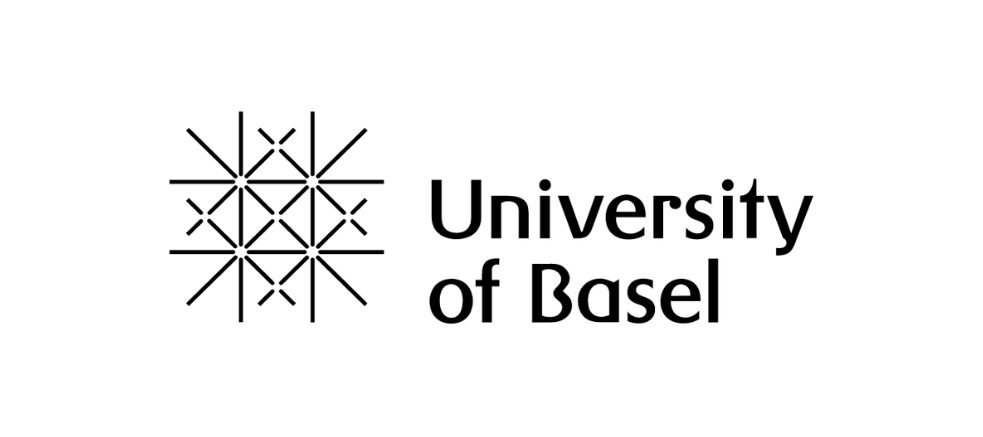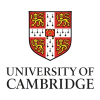Snabbfakta
-
- Cambridge
Ansök senast: 2024-11-10
PhD studentship: Delineating piRNA-guided silencing of transposable elements
Supervisors: Professor Greg Hannon and Dr Ben Nicholson
Deadline for application: 31st October 2024
Course start date: 1st October 2025
Overview
Professor Greg Hannon and Dr Ben Nicholson wish to recruit a student to work on the project entitled: “Delineating piRNA-guided silencing of transposable elements”.
For further information about the research group, including their most recent publications, please visit their websites at: https://www.cruk.cam.ac.uk/research-groups/hannon-group and http://www.hannonlab.org/team/
This is a unique opportunity for PhD study in the world-leading Cancer Research UK Cambridge Institute (CRUK CI), to start a research career in an environment committed to training outstanding cancer research scientists of the future.
The Institute’s particular strengths are in genomics, computational biology and imaging; and significant research effort is currently devoted to cancers arising in the breast, pancreas, brain, and colon. Our Core Facilities provide researchers with access to state-of-the-art equipment, in-house expertise and training. Scientists at CRUK CI aim to understand the fundamental biology of cancer and translate these findings into the clinic to benefit patients.
There are around 100 postgraduate students at the Cambridge Institute, who play a vital and pivotal role in its continuing success. We are committed to providing an inclusive and supportive working environment that fosters intellectual curiosity and scientific excellence.
If you are interested in finding out more about our groundbreaking scientific research, please visit our website at https://www.cruk.cam.ac.uk/
Project details
This is an exciting opportunity for a talented student to join the interdisciplinary laboratory of Professor Greg Hannon located at the CRUK Cambridge Institute, University of Cambridge. The Hannon laboratory has broad interests ranging from discovery research to cancer biology. This studentship is embedded within the piRNA team, consisting of both wet- and dry-lab scientists that are studying RNA and chromatin biology. Work in the team covers a wide range of areas, including transcription, export, and processing of small non-coding RNAs, particularly piRNAs, as well as the establishment and maintenance of chromatin marks required for the silencing of transposable elements.
This project aims to uncover the molecular mechanisms that underlie the piRNA pathway mainly using the fruit fly Drosophila melanogaster as a model. While a rough framework of the piRNA machinery has been established in recent years, the precise hierarchy of the events that result in faithful transposon silencing is not yet fully understood. In your project you will exploit tissue culture as well as in vivo models, and carry out various biochemical, proteomic, imaging, genomics (including state-of-the-art RNA and chromatin profiling methods), and computational approaches to study piRNA-guided transposon control. This project is expected to contribute to our understanding of this fascinating small RNA pathway and discover fundamental biology with impacts on the RNA and chromatin biology fields.
Further reading
Preferred skills/knowledge
We are looking to recruit an enthusiastic and competent student with excellent laboratory skills, a strong background in biochemistry, genetics and/or molecular biology, as well as a keen interest in transposons, small RNAs or chromatin biology. A reasonable amount of practical research experience (ideally exceeding 6 months) and an eagerness to discover fundamental biology is essential. Familiarity with imaging approaches, genomics methods or expertise with the Drosophila model would be beneficial but are not strictly required. The successful candidate is expected to have excellent communication skills and record-keeping habits, organisational and time-management skills, an inquisitive mind, and be highly motivated to drive an independent research project.
Funding
This four-year studentship is funded by Cancer Research UK Cambridge Institute and includes full funding for University fees and, in addition, a stipend currently of £21,000 per annum for four years.
Eligibility
We welcome applications from both UK and overseas students.
Applications are invited from recent graduates or final-year undergraduates who hold or expect to gain a First/Upper Second Class degree (or equivalent) in a relevant subject from any recognised university worldwide.
Applicants with relevant research experience, gained through Master¿s study or while working in a laboratory, are strongly encouraged to apply.
How to apply
Please apply via the University Applicant Portal. For further information about the course and to access the Applicant Portal, visit:
https://www.postgraduate.study.cam.ac.uk/courses/directory/cvcrpdmsc
You should select to commence study in Michaelmas Term 2025 (October 2025).
Additional information
To complete your online application, you will need to answer/provide the following:
Choice of project and supervisor
Please ensure that you name the project (with reference code) and supervisor, where indicated. You are permitted to apply for up to three projects.
Course-specific questions
Supporting documents
Applicants will be asked to provide:
– Academic transcripts.
– Evidence of competence in English (if appropriate).
– Details of two academic referees.
– CV/resume.
Deadline
The closing date for applications is 31st October 2024 with interviews expected to take place in January 2025.



